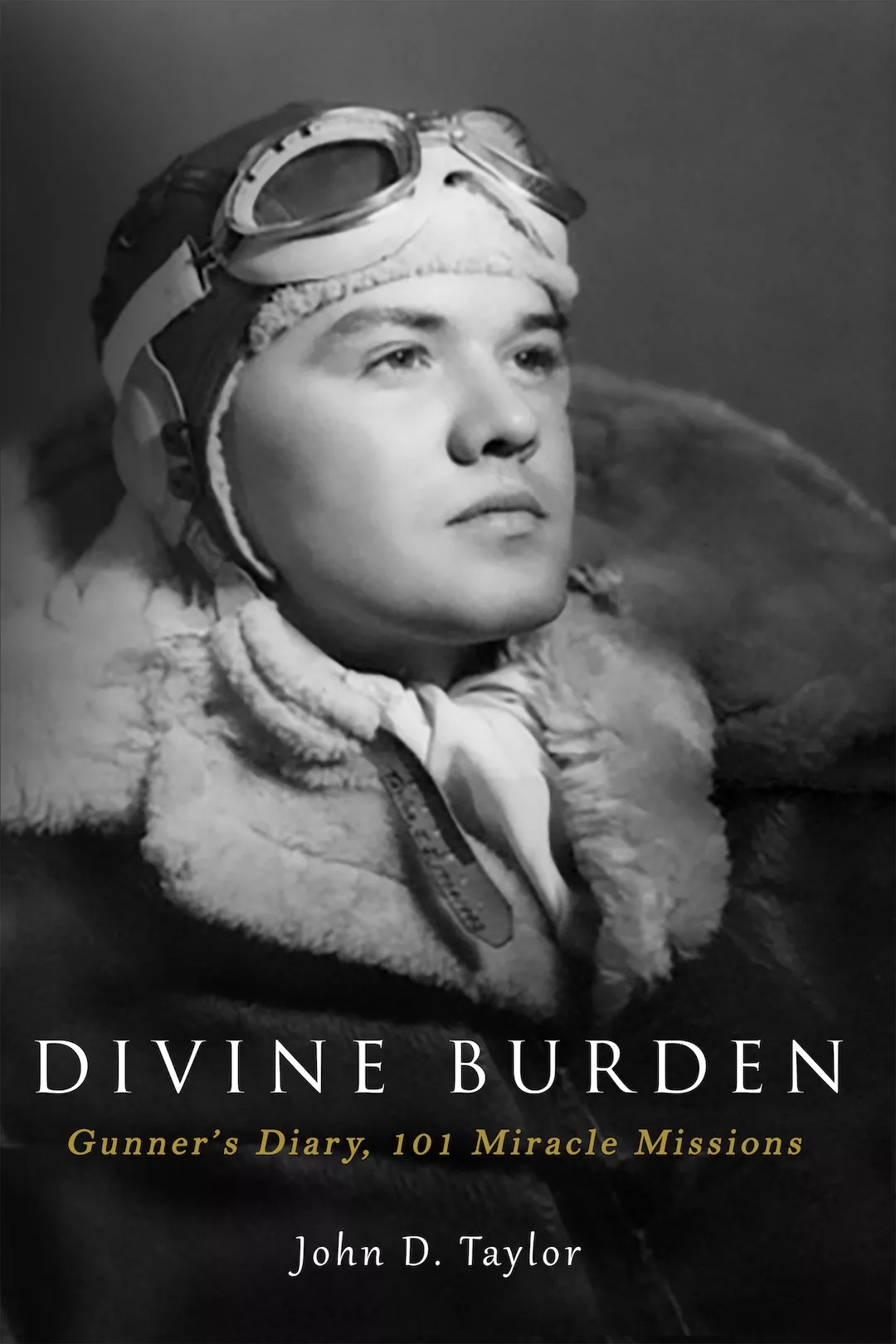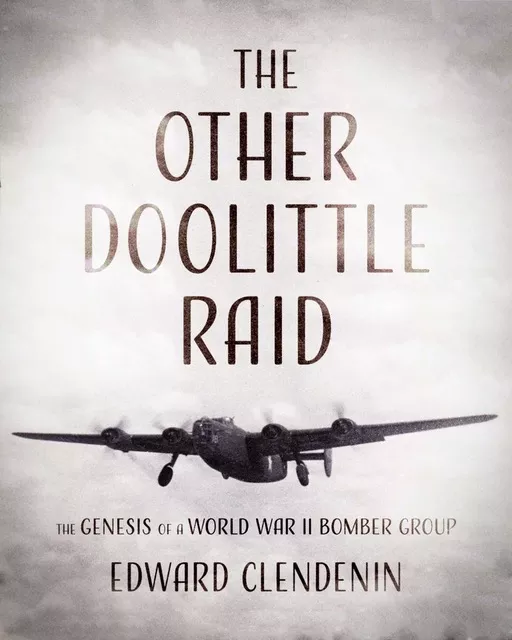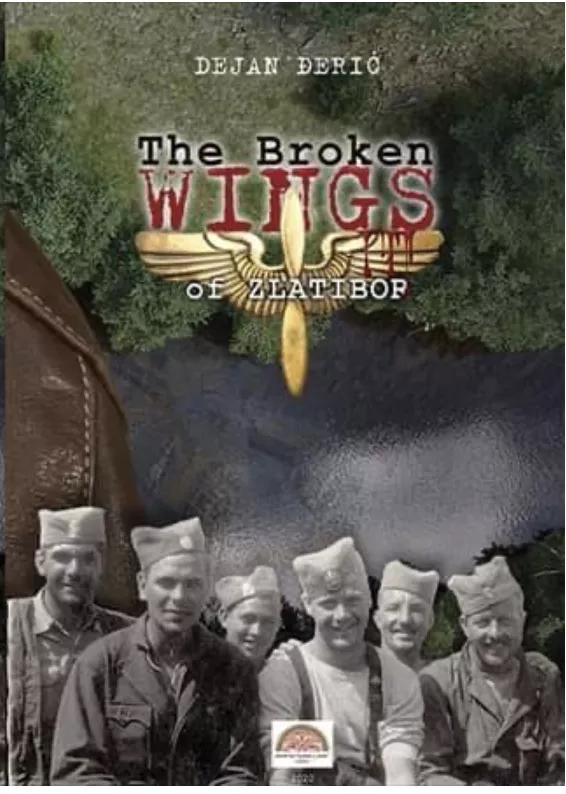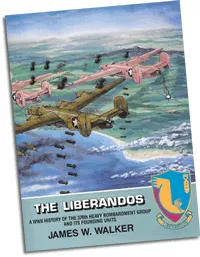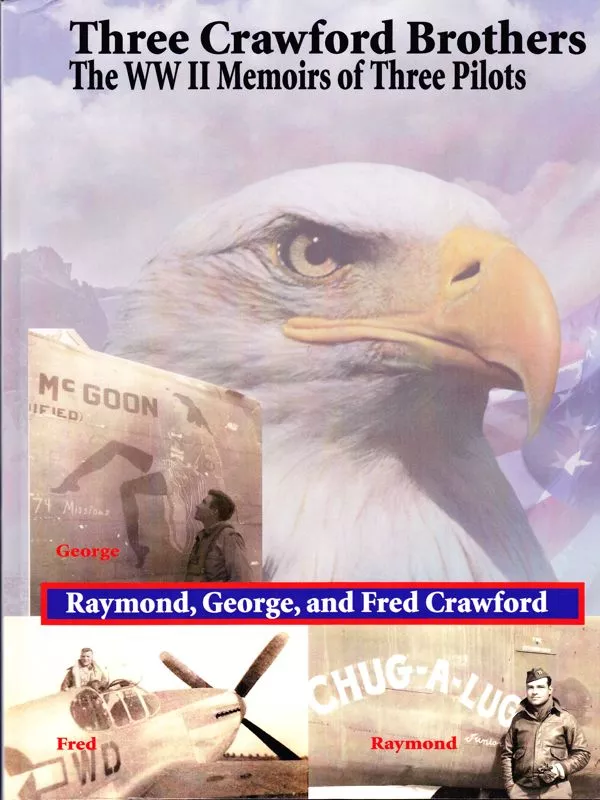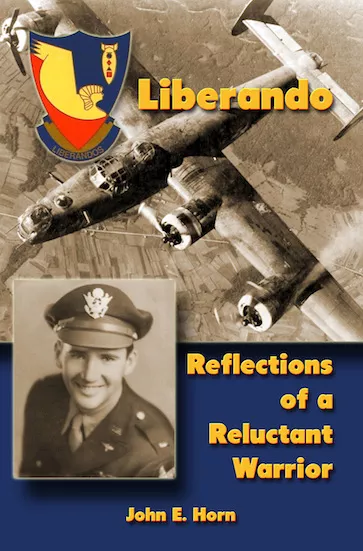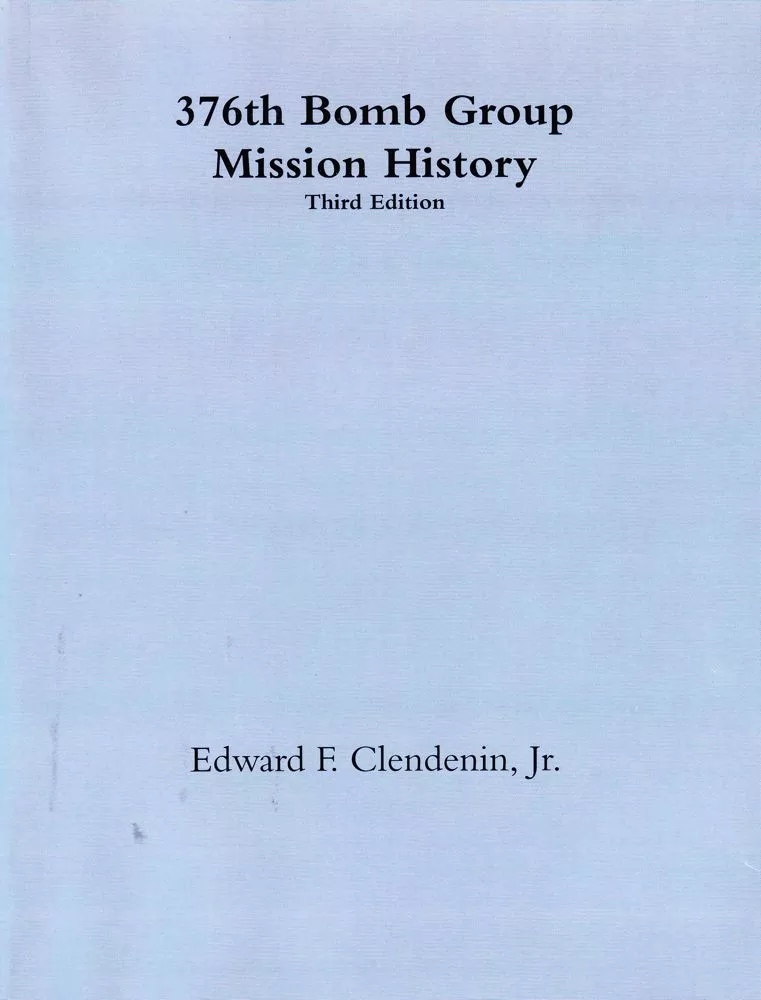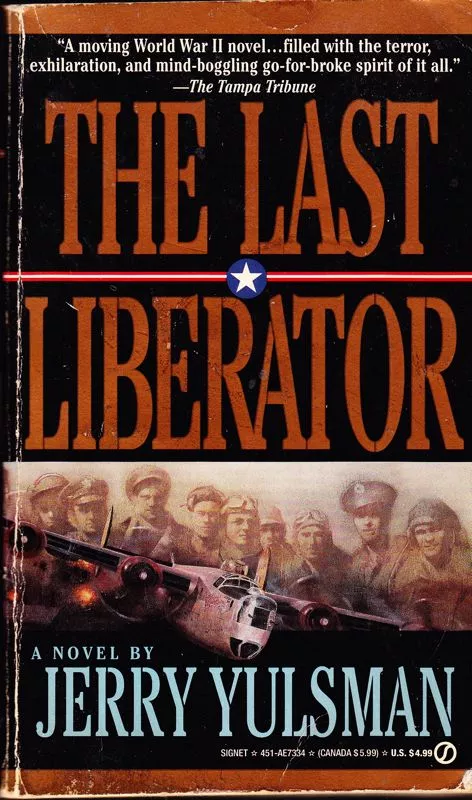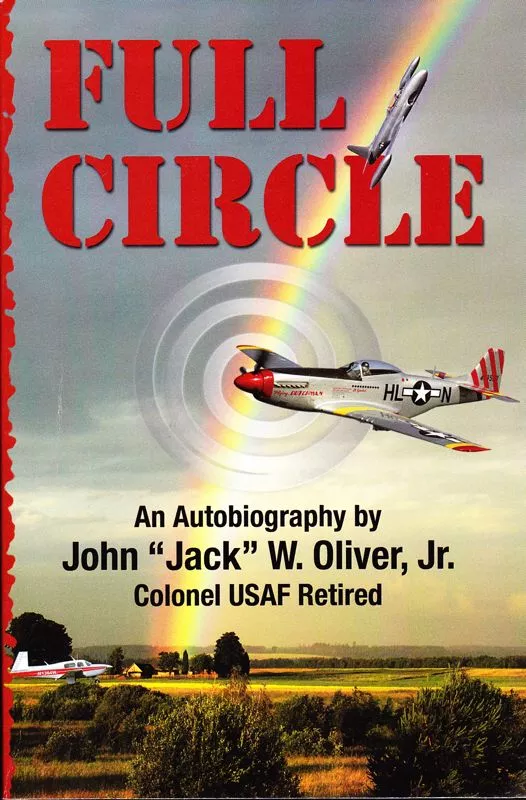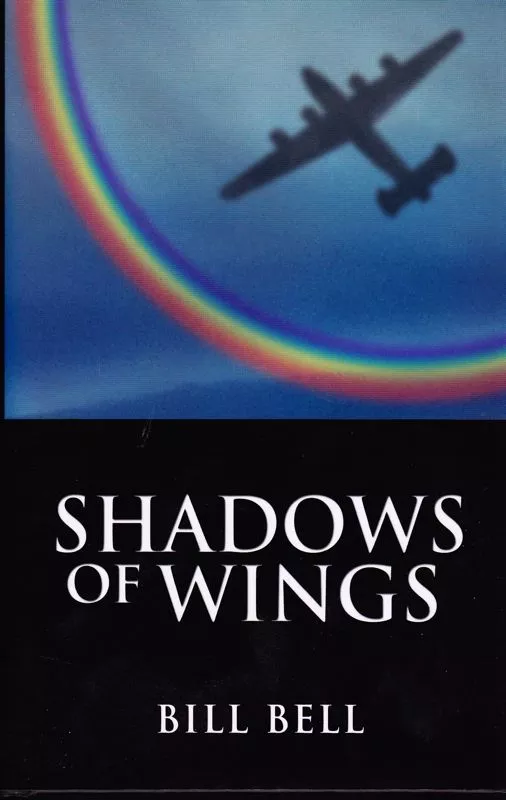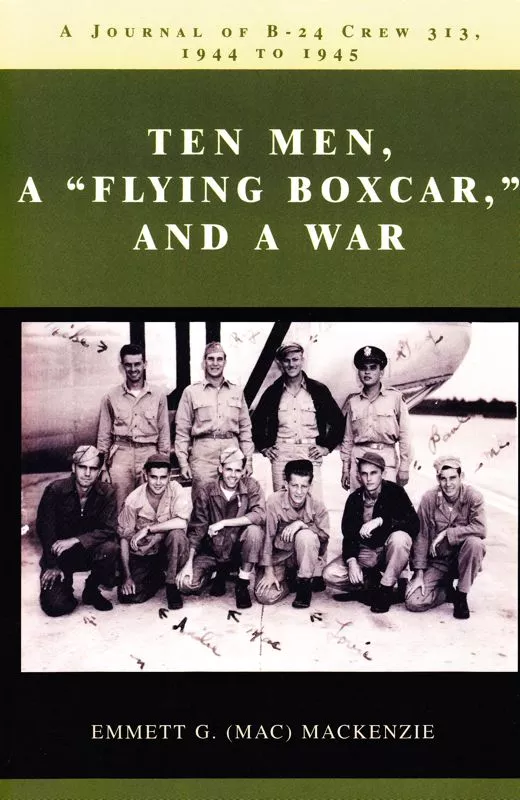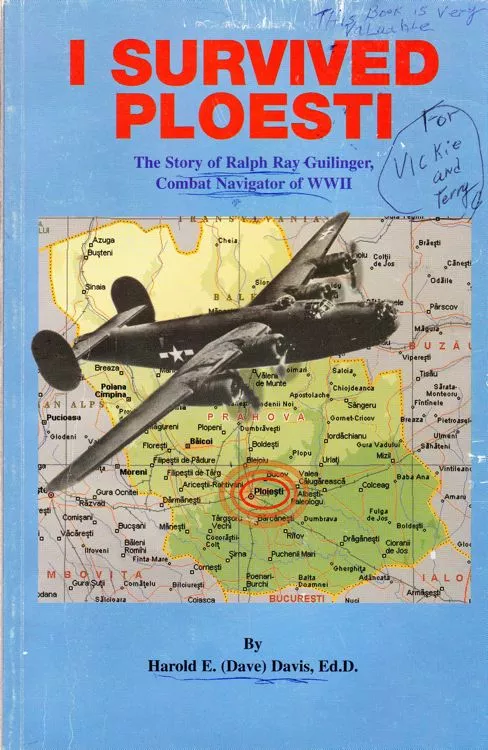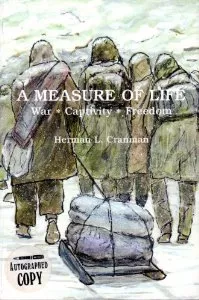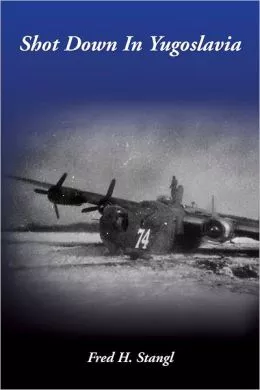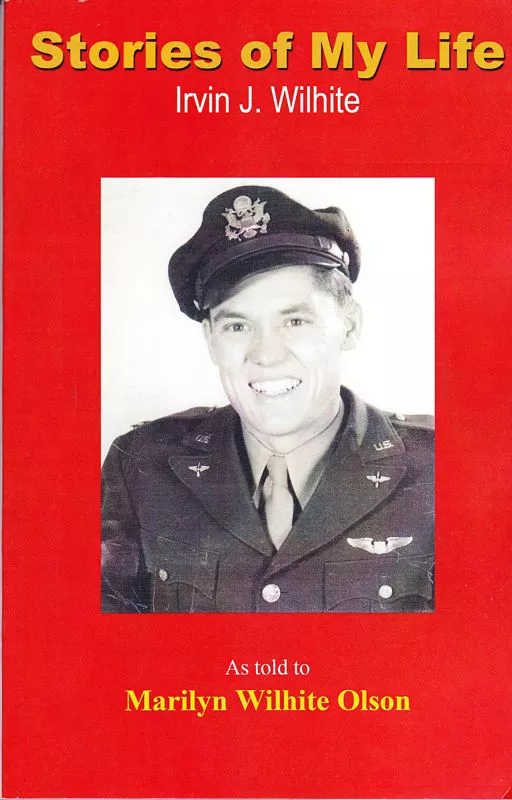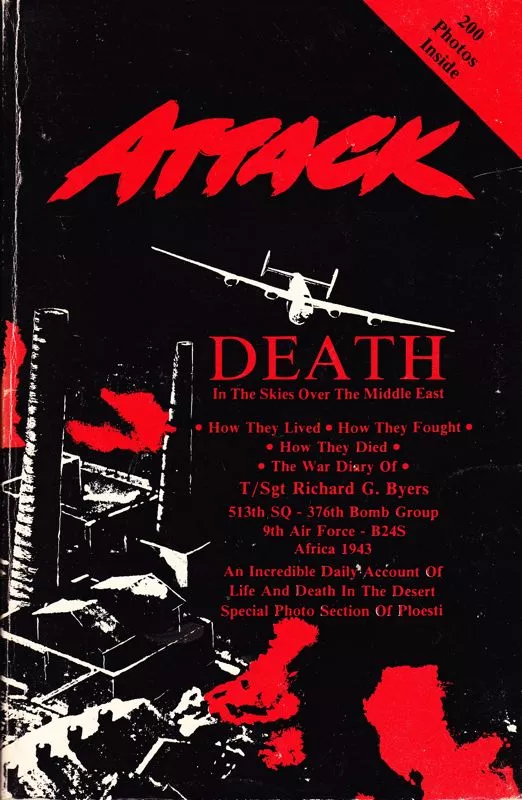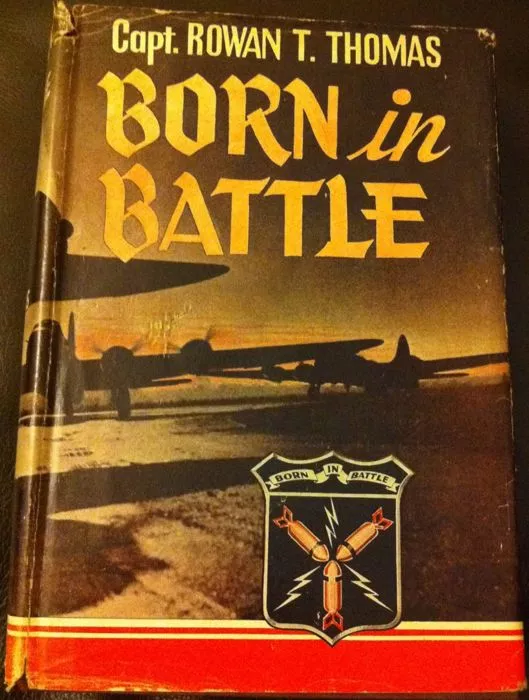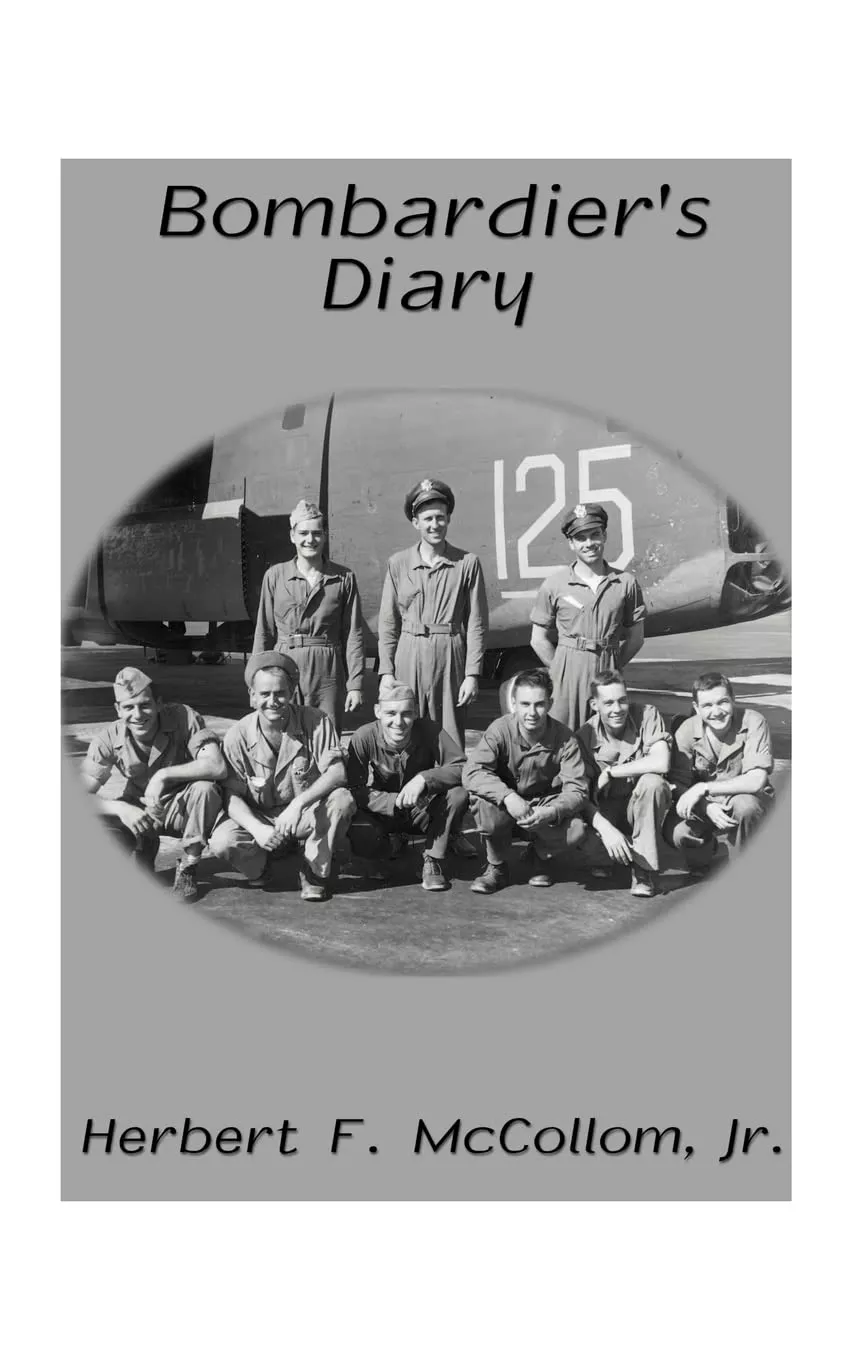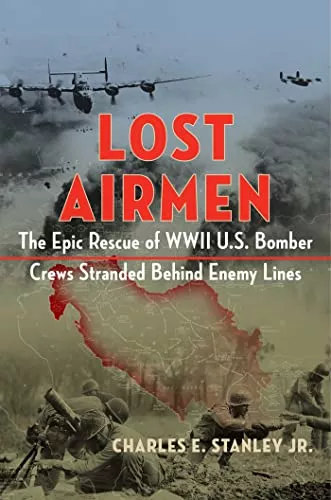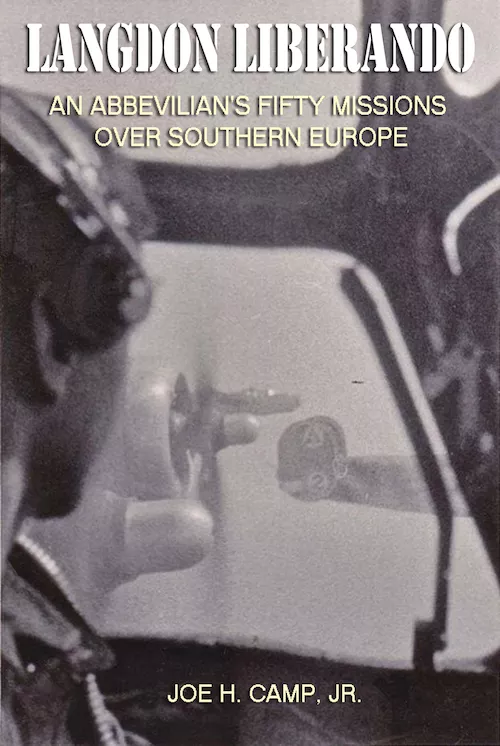Wilbur W. Mayhew
September 1942
We learned years later that Senator Harry Truman conducted a hearing in the Senate Special Committee to Investigate the National Defence Program about the poor quality of new B-17 engines at that time. They found that Curtis-Wright had sent faulty engines to combat forces overseas. One inspector for Curtis-Wright wept as he testified before the Truman Committee about what was going on in the factory ( he had two nephews in the Army Air Force). More than negligence was involved. As a result of that investigation, one Army Air Force general later was sent to prison.
The battle had not been a total success, since neither Tobruk nor Benghazi had been captured. In addition to the hundreds of commandos killed, about 600 had been captured. Although all our B-17s returned safely, the British lost 22 planes over Tobruk. They also lost the destroyers "Sikh" and "Zulu" out of six cruisers and destroyers used in the attack. One launch and one motor boat were also lost. On the other hand, a great deal of damage had been done to Tobruk by this combined air-naval-commando attack. Oil and gas installations were burned, ammunition dumps were blown up, etc. We learned we had distracted the Germans enough to allow thousands of commandos to land, destroy many enemy installations, and reboard their ships. General Sir Harold Alexander, Commander-in-Chief in the Middle East sent a message to congratulate us for our efforts at Tobruk.
Perhaps I should back up a little, as I just realized I have not said much about Palestine yet. The country is rather small, as you can see on a map, but it is rather interesting. As you cross the border from Trans Jordan, you see a change at once. TransJordan is nothing but desert ( at least, all of it that I saw ). As soon as one crosses the Jordan River, especially near the Dead Sea, one notices the change to green fields and orchards. After being in the desert for a little over four months, Palestine looked like Paradise to us as we flew over the border. It was the nearest thing to California that I saw on the entire trip, as far as climate and vegetation was concerned. Lydda, the air base from which we operated during our stay, was built by a German commercial air line before the War. Tel Aviv was the most modem city in Palestine at this time. Any free time we had between raids, we naturally spent in Tel Aviv. It was somewhat like our own cities in many respects. It was similar to what I imagine many European cities were like before the War. You see, there were refugees from almost every down-trodden country in Europe living here. One could see almost every Allied uniform on the street and hear nearly every language in the world. The city had been bombed twice before we arrived, but for some reason was not bombed while we were there. However, Haifa, just 80 miles north of us, was bombed consistently. Jaffa is the Arab town that joins Tel Aviv on the south. The only way you can tell when you are entering Jaffa from Tel Aviv is that everything is much dirtier all of a sudden. The Arabs rank with the Indians and Chinese when it comes to living in filth. As you have probably heard, the Arabs and Jews hate each other a great deal. It was nothing to hear of several Jews being ambushed in Jaffa, or several Arabs killed in Tel Aviv. However, since World War II broke out, they have sort of" buried the hatchet", so the killings are not as numerous as before. You can tell, though, that they are just waiting for this war to end so they can go at each other's throats again.
When we finally stopped Field Marshal Rommel, each crew was given a two-week pass to sort of rest up for the next round of the fight for Egypt. During this two-week period, Mac, our radio operator, and I went to Haifa, Bethlehem, and Jerusalem. Haifa was much like Tel Aviv, Actually, I could not see much difference, except that Haifa had a range of hills just behind.
Bethelem and Jeruselem are only about two or three miles from each other, and they are much the same. The streets are narrow, with buildings about two stories high on each side. I do not think I have ever smelled anything so foul as I did on a couple of streets in old Jerusalem. These streets were covered over, with small holes in the roof every few feet to let light in. The little shops that lined both sides of these tiny streets must have been there for two or three thousand years. I thought we used to make some awful smells in organic chemistry laboratory, but I never smelled anything equal to that. I almost "tossed my cookies" right there in the street, and I have never been accused of having a weak stomach. How those people could live in there is more than I will ever know. There just are not words to describe such an odor. I ran into terrible smells all over the world, but none could top that.
The website 376bg.org is NOT our site nor is it our endowment fund.
At the 2017 reunion, the board approved the donation of our archives to the Briscoe Center for American History, located on the University of Texas - Austin campus.
Also, the board approved a $5,000 donation to add to Ed Clendenin's $20,000 donation in the memory of his father. Together, these funds begin an endowment for the preservation of the 376 archives.
Donate directly to the 376 Endowment
To read about other endowment donation options, click here.
Reunion
NOTE change in the schedule !!
DATES: Sep 25-28, 2025
CITY:Rapid City, SD
HOTEL: Best Western Ramkota Conference Hotel; 2111 North LaCrosse St., Rapid City, SD 57702; 605-343-8500
Click here to read about the reunion details.
